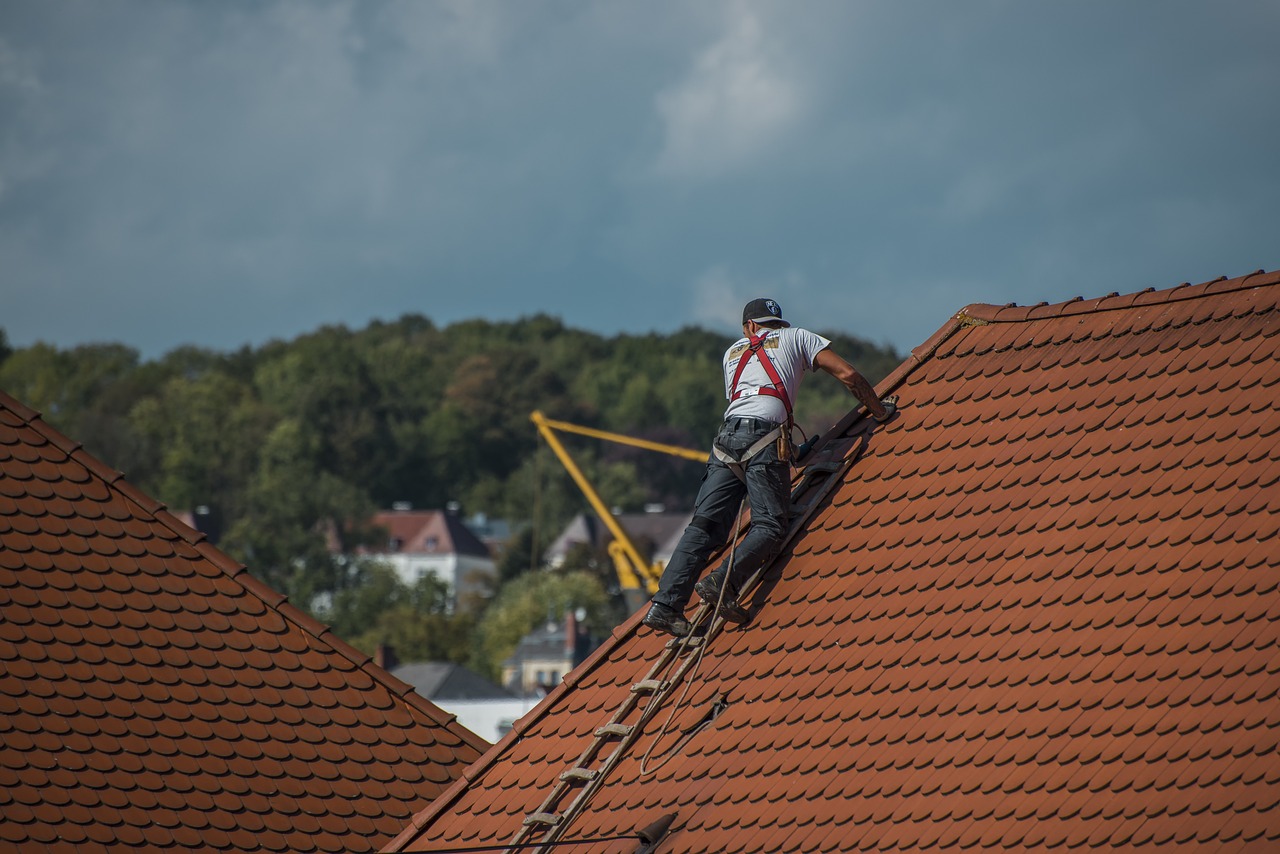A roof is one of the most critical components of a building. It protects against weather, provides insulation, and contributes to the overall structural integrity of a property. Over time, however, roofs experience wear and tear due to age, weather conditions, and other factors. When problems arise, homeowners often face a crucial decision: should they repair the roof or opt for a complete replacement? The answer depends on various factors, including the age of the roof, the extent of damage, cost considerations, and long-term goals. Roof contractors near Delta Ohio can help you.
Understanding Roof Repair
Roof repair is generally the first option homeowners consider when issues such as leaks, missing shingles, or minor damage occur. Repairing a roof is typically more affordable and less time-consuming than replacing it. For newer roofs or those with only isolated damage, repairs can extend the roof’s life for several more years. It’s a practical choice when the damage is limited to a specific area and the underlying structure is still in good condition.
However, roof repair has its limitations. If the roof has been repaired multiple times or the damage is recurring, repairs may only serve as a temporary fix. In such cases, continued repairs can become costly and ineffective in the long run.
When Replacement Is the Better Option
Roof replacement involves removing the old roofing materials and installing a new roof entirely. This option is usually considered when the roof is nearing the end of its expected lifespan (typically 20-30 years for asphalt shingles) or when the damage is extensive—such as widespread water leaks, structural sagging, or significant storm damage.
Although roof replacement is more expensive upfront, it offers several benefits. A new roof provides peace of mind, better energy efficiency, improved home value, and long-term durability. Modern roofing materials are also more resistant to weather and can offer better insulation, reducing energy costs over time.
Cost Comparison and Long-Term Value
While repair costs are usually lower in the short term, a new roof can save money in the long run by preventing repeated repair expenses, lowering energy bills, and increasing property resale value. For instance, if a roof repair costs $1,000 but the problem reappears within a year, multiple repairs could quickly exceed the cost of replacement. On the other hand, if the roof is relatively new and the damage is minimal, a simple repair makes more financial sense.
Making the Right Decision
Deciding between repair and replacement depends on a careful assessment of the roof’s condition. Professional inspection can help determine whether the roof’s structure is sound and if repairs will suffice. Homeowners should consider factors like the roof’s age, the severity of the damage, budget constraints, and how long they plan to stay in the home.
Both roof repair and replacement have their merits. Repair is suitable for minor, localized issues and can be a cost-effective short-term solution. Replacement, while more expensive initially, provides lasting protection and increased property value. Ultimately, the best choice depends on the specific situation, and consulting with a roofing professional is always recommended to make an informed decision that ensures safety, durability, and financial prudence.
